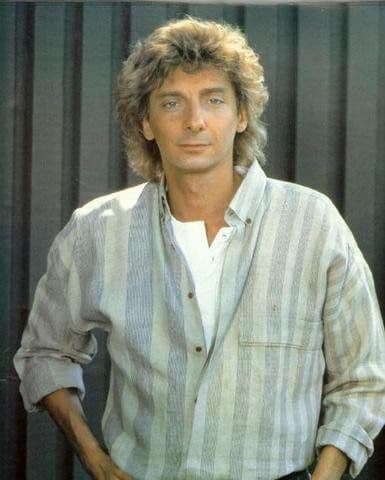
A Heart’s Quiet Cry in the Soft Glow of ’70s Ballads – A Song of Regret and Redemption That Lingers Like a Memory
When Barry Manilow released Mandy in October 1974, it swept up to No. 1 on the Billboard Hot 100 by January ’75, a tear-streaked triumph from his second album, Barry Manilow II, which itself peaked at No. 9 on the Billboard 200. Originally a UK hit called Brandy by Scott English and Richard Kerr in ’71, Manilow’s version—his first chart-topper—sold over a million copies, earning gold status and cementing his reign as the piano man of our hearts. For those of us who leaned close to the radio back then, it was more than a song—it was a companion through lonely nights, a melody that wrapped around us like a warm coat against the chill of a changing decade.
The journey of Mandy began across the pond, with English pouring his soul into Brandy after a late-night call from a lost love, his voice raw over Kerr’s tender chords. Manilow stumbled on it years later, prodded by producer Clive Davis to find a hit for Arista Records. At first, he resisted—too slow, too sentimental—but a session at New York’s Media Sound in ’74 changed his tune. With Ron Dante co-producing, Manilow slowed it down further, swapped “Brandy” for “Mandy” (to dodge a Looking Glass namesake), and layered it with strings that swelled like a heartbreak you could touch. Recorded in a single take, or so the legend goes, it was a fluke of fate—Manilow’s reluctant croon turned a modest ditty into a timeless plea, born from a blend of English’s pain and his own quiet magic.
Mandy is a confession of love too late—a man begging for the one he let slip away to come back and save him from his shadows. “I never realized how happy you made me,” he sings, each note dripping with the ache of missed chances, the kind that haunts you when the house grows still. It’s regret dressed in velvet, a prayer for second shots when life’s already turned the page. For us who hummed it through the mid-’70s, it’s a Polaroid of polyester days—kitchen radios glowing, snow piling outside, the world shifting from Woodstock’s echo to disco’s dawn. It’s the sound of longing when love was a phone call away, not a text, and every word mattered.
To those of us with grey in our hair and scratches on our 45s, Mandy is a bridge to yesterday. It’s the flicker of a TV screen airing Manilow’s specials, the rustle of a record sleeve pulled from a stack by the stereo, the sting of a winter night when you wished you’d said more. Back then, it played everywhere—drugstores, car dashboards, roller rinks—its piano intro a signal to hush and listen. It wasn’t just a hit; it was a feeling, one that stuck through decades, popping up in Can’t Hardly Wait (1998) like an old friend. As time blurs the edges, Mandy stays sharp—a soft, sad beacon of ’74, reminding us of the loves we lost, the ones we chased, and the melodies that carried us through it all.